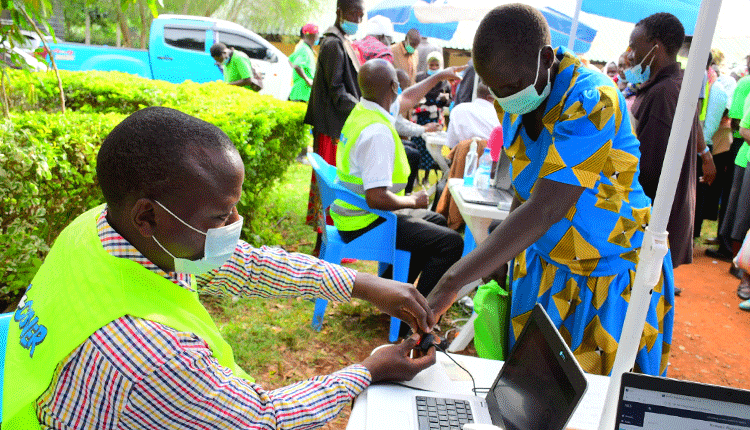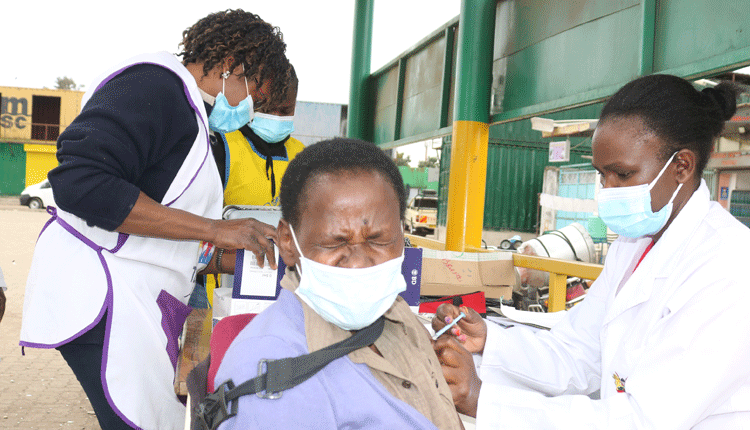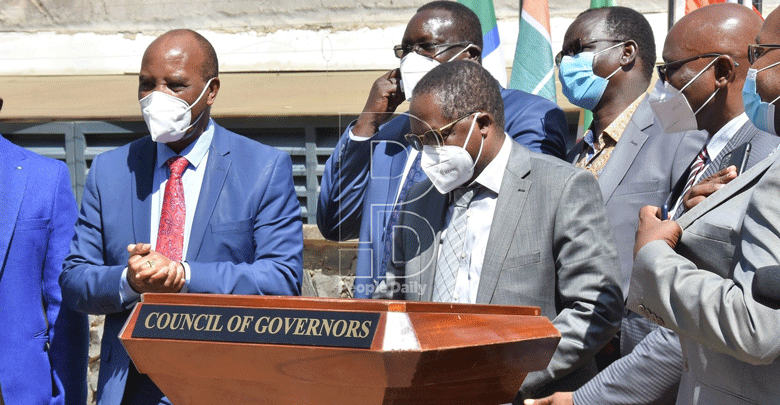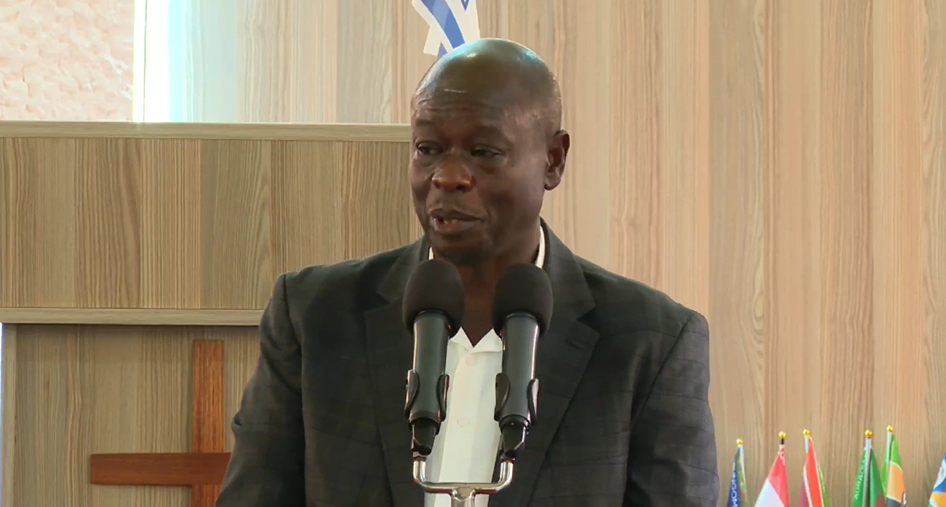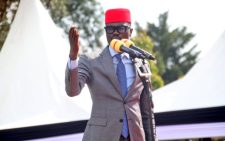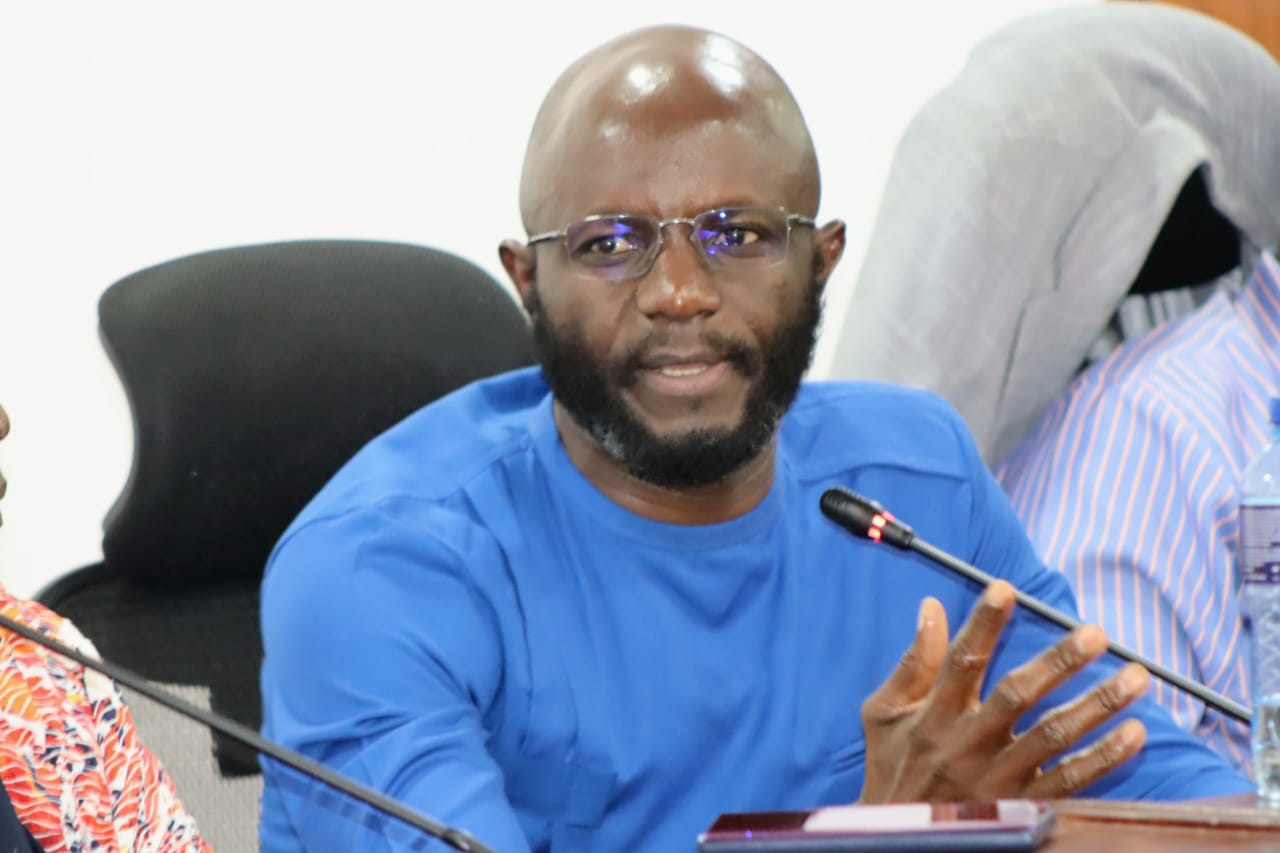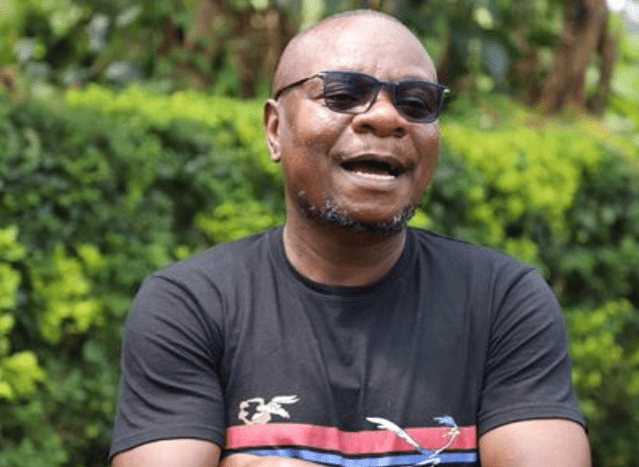Re-evaluate public procurement system
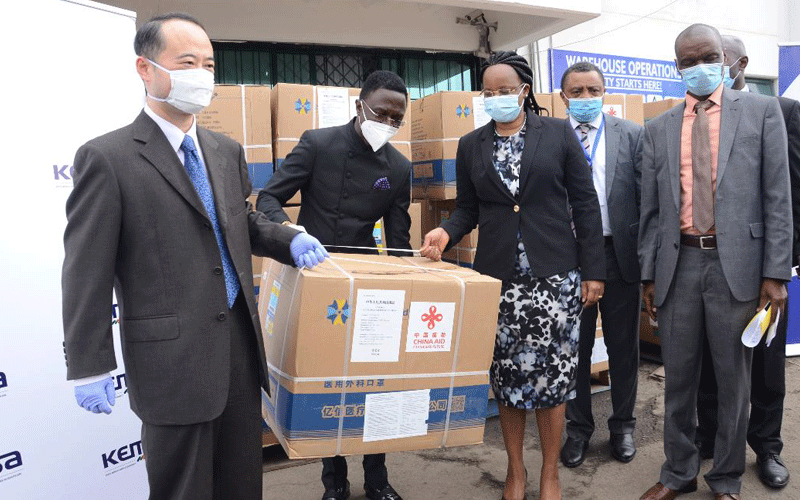
Renowned physicist Albert Einstein defined insanity as “doing the same thing over and over again and expecting different results”.
Kenyans are currently astounded by revelations that some unscrupulous government officials took advantage of the Covid-19 pandemic to make millions of shillings through a dubious procurement network.
It has been reported that one of the hospitals in Nairobi received a container full of diapers packaged as Personal Protective Equipment for health workers.
A parliamentary committee was told that a clearing and forwarding firm was awarded a tender to supply face masks.
It is not clear, but not surprising, that such a company could be awarded business to supply medical equipment.
A senior Health official told MPs that top officials at Kenya Medical Supplies Authority defied directives and went ahead to commit supplies to the tune of more than Sh7 billion.
Kemsa also by-passed parent ministry to request the Treasury for funds to procure Covid-19-related equipment.
It has been frequently been pointed out that corruption in public institutions is “budgeted”.
The other main pillar of graft is public procurement — and dozens of cases abound.
The multi-billion-shilling National Youth Service scandal that is the subject of a protracted court case involving former senior government officials was domiciled in the procurement department.
A former Kenya Ports Authority official was last week charged over questions relating to procurement in multi-billion-shilling deals.
And Senate was recently told how a governor used proxies to award tenders to companies associated with friends while another is in court alongside his family members over similar deals.
It is true the country has a procurement law, but its continued abuse exposes loopholes which need to be addressed.
Activities of the Public Procurement Administrative Review Board remain opaque.
The body is supposed to ensure transparent access to tenders but the fact that the public sector is replete with procurement scandals raises questions about its effectiveness.
There is also a social aspect to the corruption matter. We are living in a society that seems to celebrate and reward the corrupt, often christened “tenderprenuers”.
Kenyans have developed this strange notion that appears to rationalise graft. As probe into the Covid-19 funds scandal continue, we urge the government to look at possibilities of overhauling the procurement system.
